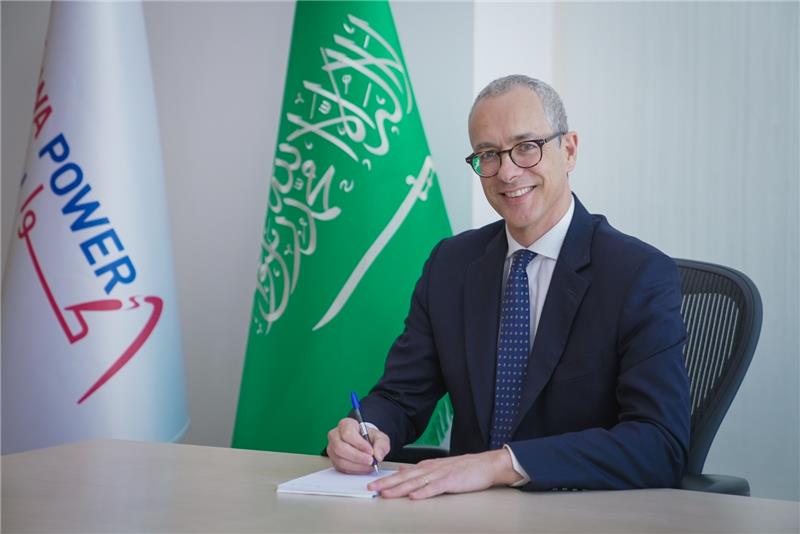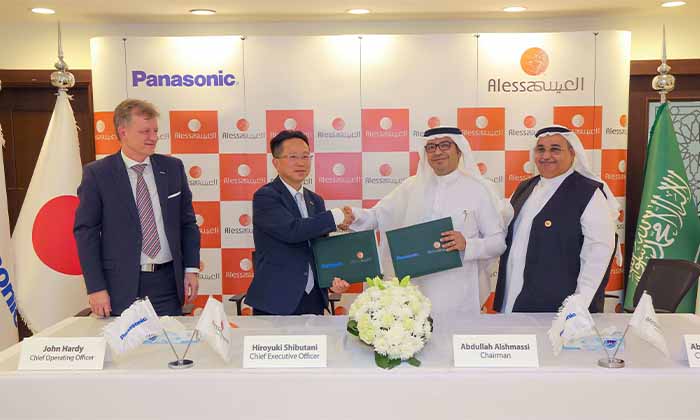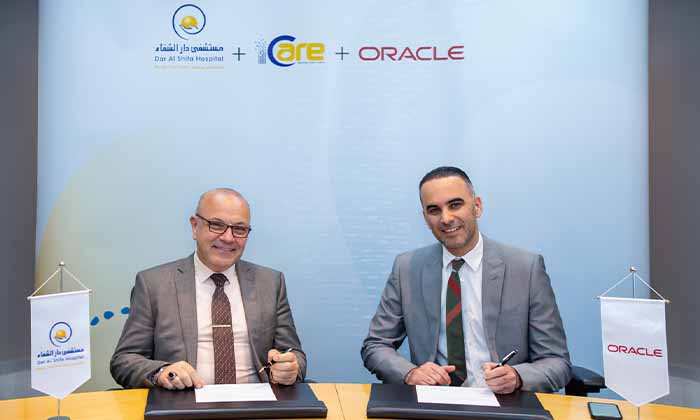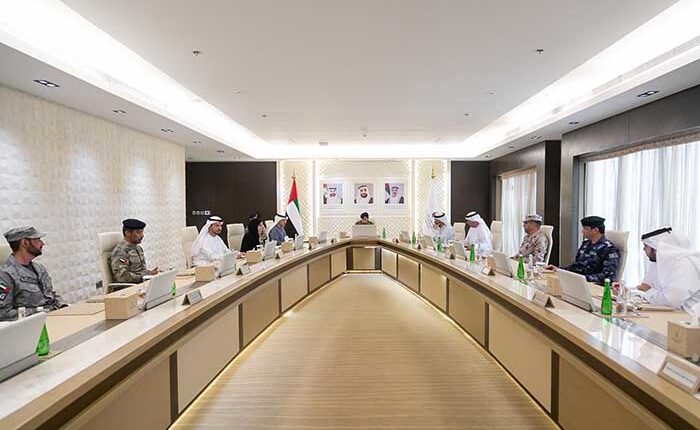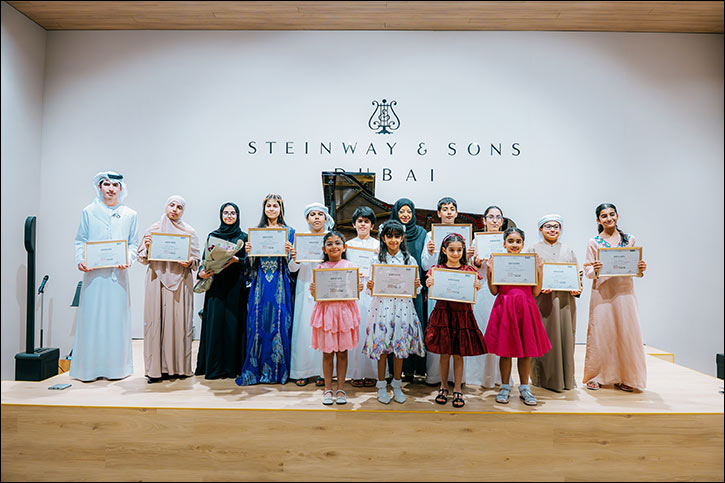- 78% of young Arab men and women believe China is an ally; the US is ranked sixth among allied nations
- Nearly one third of Arab youth say the US and NATO are at fault for the Ukraine conflict, and three-quarters support further US disengagement from MENA
- After the UAE, Western nations are seen as the best places to live and models of development for Arab countries to follow
: In a further sign of today’s shifting global allegiances, Arab youth now view China, Turkey and Russia as stronger allies of their country than historical powerbrokers the United States, the United Kingdom and France, according to the 14th Annual ASDA’A BCW Arab Youth Survey, unveiled today by ASDA’A BCW, the Middle East & North Africa’s leading communications consultancy.
Three-quarters (78%) describe China as either a strong ally or somewhat of an ally of their country, followed by Turkey (77%) and Russia (72%). The UK and France were ranked joint fourth in the study on 70%, followed by the United States, which was rated an ally by two-thirds (63%) of those interviewed.
Despite the thaw in relations heralded by the signing of the Abraham Accords in 2020, Arab youth remain steadfast in their opposition to Israel, with 88% describing the country as a strong enemy or somewhat of an enemy. Nearly two-thirds (62%) also label Iran an enemy of their country.
Now in its 14th year, the Annual ASDA’A BCW Arab Youth Survey is the largest study of its kind of MENA’s largest demographic, its 200 million plus youth. ASDA’A BCW commissioned IDS Research & Consultancy to conduct face-to-face interviews with 3,400 Arab citizens aged 18 to 24 in their home nations from May 13 to June 16. Interviews with an equal sample of men and women took place in 50 cities across a total of 17 Arab states.
One of the most surprising findings of the research is the stance of Arab youth on the Ukraine conflict, with 31% saying the US and NATO are primarily responsible for the crisis, while 18% say Russia is mostly to blame. Forty-one per cent of youth in Levant and 29% in North Africa say that responsibility rests with the US/NATO, while GCC youth are more divided on the issue, with 22% saying that Russia is mostly accountable and 21% saying the US/NATO are at fault.
The US continues to have by far the most influence on the Arab world, according to the region’s youth. More than a third (36%) say the US has the most influence, compared with just 4% who say China is the most influential. After the US, Saudi Arabia (11%), Israel (9%), the UAE (7%), and Iran (7%) are seen as the most influential nations.
The fact that the US still holds sway over the region could explain why most young Arabs want the country to play a less prominent role in MENA affairs. Three-quarters (73%) either strongly or somewhat support the disengagement of the US from the Middle East, with the proportion of Arab youth taking this stance consistent across the GCC, Levant and North Africa.
While Arab youth may be wary of Western political influence in the region, they nevertheless regard Western countries as desirable places to live and model nations for development. After the United Arab Emirates, voted for by 57% of those polled, the top five countries they would most like to live in are the United States (24%), Canada (20%), France (15%) and Germany (15%).
And for the ninth straight the year, the US is also the country most Arab youth would like their own to be like, again after the UAE (37%). Around a quarter (22%) of young Arabs would like their own country to emulate the US, followed by Canada (18%), Germany (14%), France (11%) and Turkey (11%).
Presented under six distinct themes – Identity, Livelihood, Politics, Global Citizenship, Lifestyle and Aspirations – the 14th Annual ASDA’A BCW Arab Youth Survey reveals a generation attempting to chart a new course away from the divisions of the seismic events of the early 2010s.
Sunil John, President, MENA, BCW and Founder of ASDA’A BCW, said the research offered further valuable insights into the mindset of young Arab men and women across MENA, and the issues decision makers must address if they are to make the most of their potential.
“At ASDA’A BCW, we believe that to understand the Arab world, we must first understand the hearts and minds of its largest demographic, its youth. The survey results this year suggest that young Arabs are fast changing their opinions, beliefs and allegiances. The days of the US being the world’s policeman and problem-solver when it comes to the Arab world appear over: Arab youths are looking for and finding new friends in new places.”
“The positive sentiment towards Russia is also reflected in their opinions on the war in Ukraine,” added John. “What is clear is the Western deluge of anti-Russian media coverage, and global sanctions against Russia, has done little to change the minds of young Arabs.”
To know more about the findings, log on to arabyouthsurvey.com
-ENDS-
